23 pages • 46 minutes read
Ernest HemingwayTen Indians
Fiction | Short Story | Adult | Published in 1927A modern alternative to SparkNotes and CliffsNotes, SuperSummary offers high-quality Study Guides with detailed chapter summaries and analysis of major themes, characters, and more.
Summary and Study Guide
Summary: “Ten Indians”
“Ten Indians” by American author Ernest Hemingway was first published in his second short story collection, Men Without Women (1927). The story follows Nick Adams, a recurring protagonist in Hemingway’s work who shares traits and backstory with the author. These stories, including “Ten Indians,” were later collected in the anthology The Nick Adams Stories.
The title references an 1864 children’s rhyming and counting song, “Ten Little Indians,” composed by Septimus Winner. It was subsequently adapted as “Ten Little Injuns” and performed at minstrel shows, with verses depicting violence and reflecting disparaging attitudes toward Native Americans. Hemingway examines this anti-Indigenous bias in his short story, considering it in the context of American identity with the story’s Fourth of July setting.
This guide refers to the version published in The Nick Adams Stories (The Ernest Hemingway Foundation, 1972).
Content Warning: The source material uses anti-Indigenous slurs and depicts anti-Indigenous bias.
“Ten Indians” uses a third-person limited point of view, and the anonymous narrator only sparingly reveals Nick’s thoughts and feelings. The story takes place on July 4 as Nick is traveling home with the Garner family—Joe, his wife, and their two sons, Carl and Frank—from a holiday excursion in town. They pass nine Indigenous men who are passed out and intoxicated, a number that Nick remembers because Mr. Garner had to pull one out of the road and noted, “That makes nine of them” (19). Carl and Frank discuss who the man might have been; Carl thinks it could be Billy Tableshaw because he recognizes his pants, but Frank retorts that “[a]ll Indians wear the same kind of pants” (19). The family continues to make disparaging comments about Indigenous people.
The wagon journeys up through the difficult hills, from which the lights from town can be seen. Mr. and Mrs. Garner sit close together up front, and the boys argue over where on the road their father ran over a skunk. Nick mentions that he saw skunks by the lake the previous night, and Carl remarks that Nick can recognize skunks because he has “an Indian girl” and they “smell about the same” (20). Carl’s mother reprimands him for the disparaging remark, but Mr. Garner laughs. Although Nick denies the claims, he feels “hollow and happy” about the teasing. Mrs. Garner counters that “Carl can’t get a girl, […] not even a squaw” (21), after which Carl goes quiet. Mr. Garner advises Nick to “keep” Prudence Mitchell, the Indigenous girl, and when his wife whispers something to him, he laughs.
When the wagon arrives at the Garners’ farmhouse, Nick politely thanks Mrs. Garner for including him on the trip and bids her goodbye. She asks him to stay for supper, but Nick declines because his father is waiting for him. Frank and Mr. Garner also invite him to stay, but he heads home, traipsing through a meadow, over a fence, down a ravine, and through the woods. Through the window, he spots his father reading by lamplight in their cottage.
Nick’s father asks how his day was, and Nick repeats twice that it was “swell.” He then offers Nick cold chicken, milk, and huckleberry pie for supper and sits with him, making “a big shadow on the kitchen wall” (23). The two exchange anecdotes, with Nick revealing that he and the Garners saw a baseball game. His father shares that he passed by the Indian camp, where he saw Prudence “in the woods with Frank Washburn” (24), though he doesn’t share many specifics. He won’t meet Nick’s eye, and when Nick presses him for more information, he finally says that he “heard them threshing around” (24). Nick stammers before finally asking, “Were they happy?” (24). His father says yes and leaves, and when he returns, he sees that Nick has been crying. He offers him more pie, and when Nick declines twice, he advises him to go to bed.
Nick lays in bed and laments that his heart is broken, but as he hears the wind blowing, he gradually forgets Prudence and falls asleep. He is briefly roused in the night by the sounds of the wind and the waves on the lake. The next morning, the wind is still blowing hard, and “he was awake a long time before he remembered that his heart was broken” (25).
Related Titles
By Ernest Hemingway
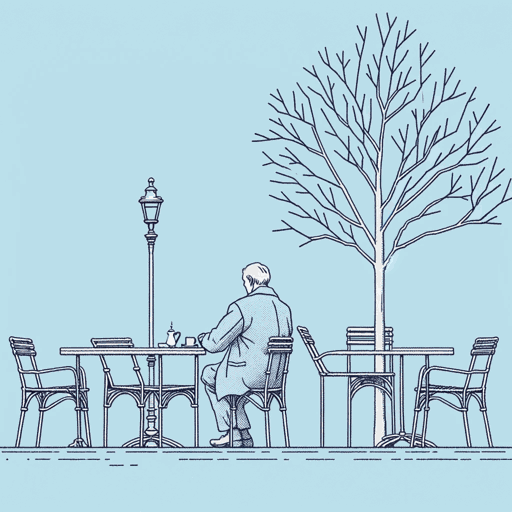
A Clean, Well-Lighted Place
Ernest Hemingway

Across the River and into the Trees
Ernest Hemingway
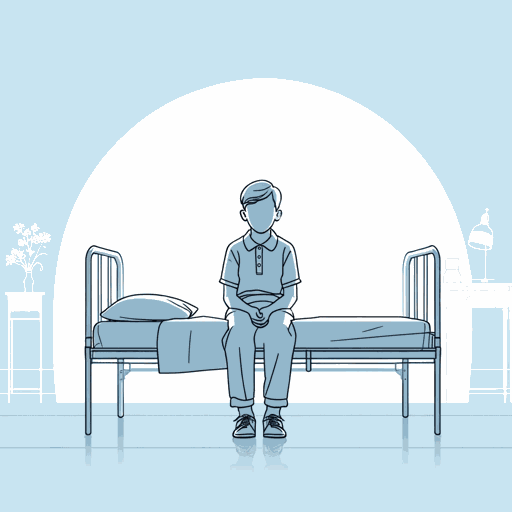
A Day's Wait
Ernest Hemingway

A Farewell to Arms
Ernest Hemingway

A Moveable Feast
Ernest Hemingway

A Very Short Story
Ernest Hemingway
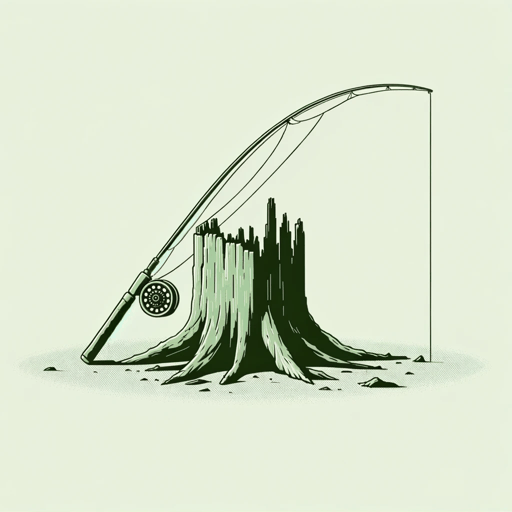
Big Two-Hearted River
Ernest Hemingway
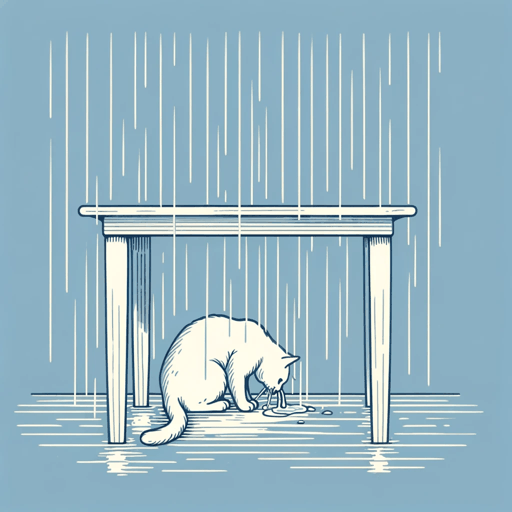
Cat in the Rain
Ernest Hemingway

For Whom the Bell Tolls
Ernest Hemingway

Green Hills of Africa
Ernest Hemingway

Hills Like White Elephants
Ernest Hemingway
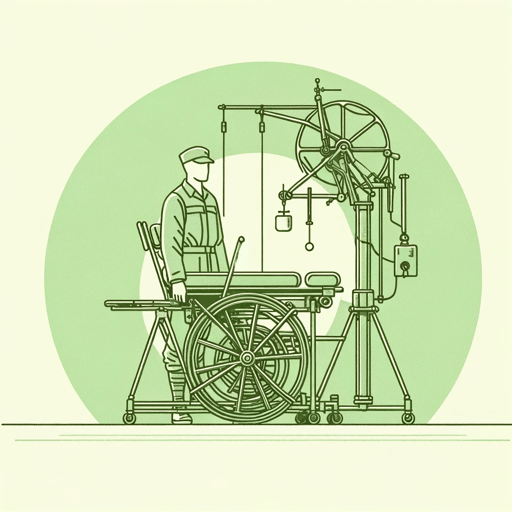
In Another Country
Ernest Hemingway

Indian Camp
Ernest Hemingway

In Our Time
Ernest Hemingway

Old Man at the Bridge
Ernest Hemingway
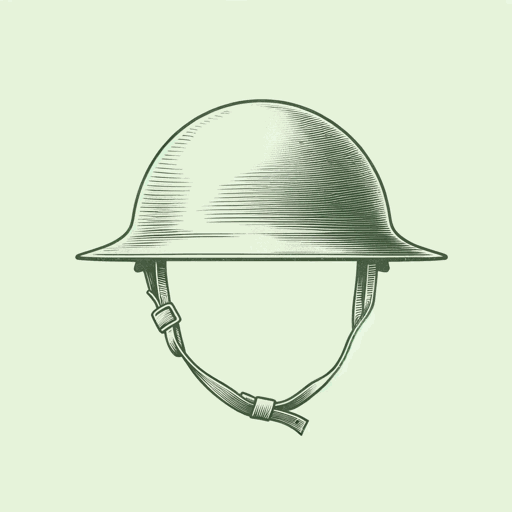
Soldier's Home
Ernest Hemingway

Solider's Home
Ernest Hemingway

The Garden of Eden
Ernest Hemingway

The Killers
Ernest Hemingway

The Nick Adams Stories
Ernest Hemingway
